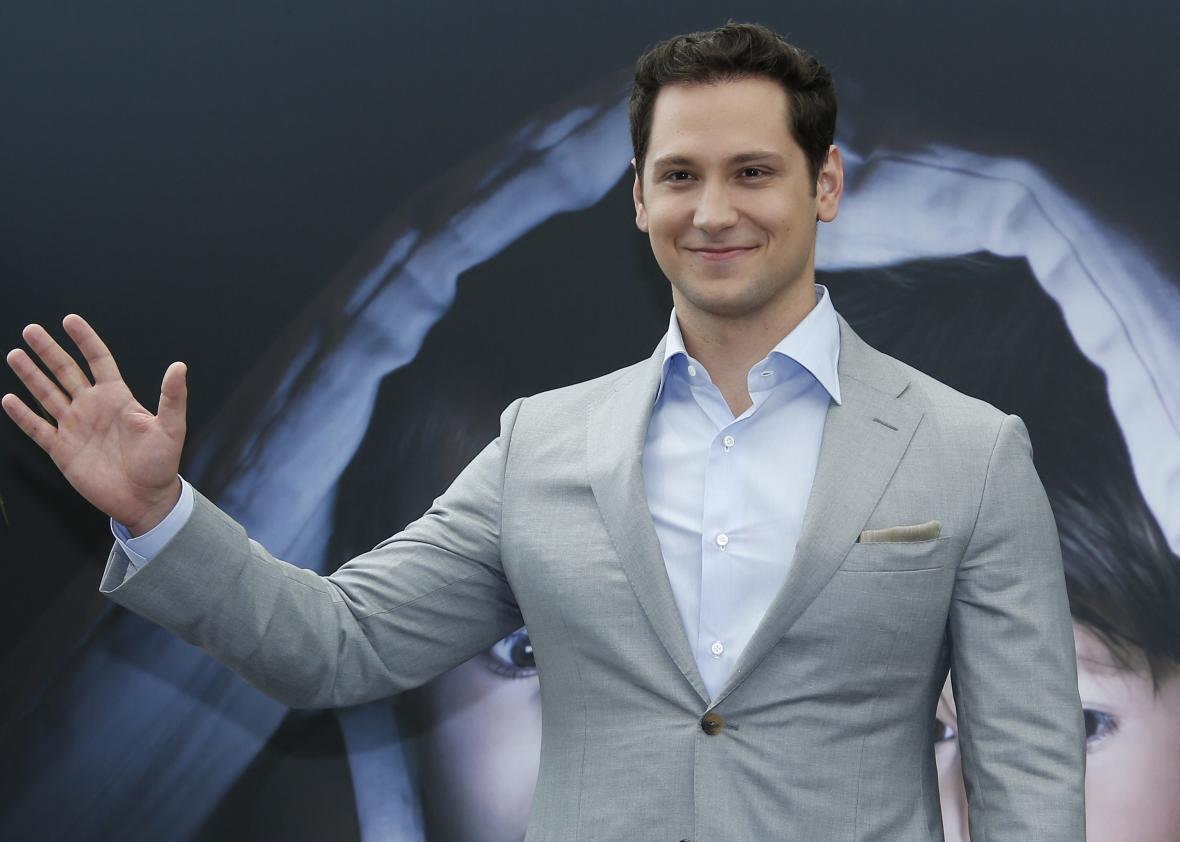If you learned everything you know about millennials from articles about college students protesting sexist and racist curricula and demanding trigger warnings, you might think that we’re a woke bunch. Indeed, some self-proclaimed experts on millennials have declared that “this generation’s belief in gender neutrality will force major changes in our laws governing the work place and its relationship to family life.” The notion that today’s young adults are smashing the patriarchy en masse is certainly an appealing one. But a new article in Harvard Business Review suggests that millennial men aren’t nearly as cool with gender equality as they’re made out to be.
Writers Andrea S. Kramer and Alton B. Harris, who are lawyers and gender equality advocates who happen to be married to each other, pose the question, “Are U.S. Millennial Men Just as Sexist as Their Dads?” and argue pretty persuasively that the answer is “yep.” Kramer and Harris point to a recent study of male college biology students, who systematically underestimated their female classmates’ intelligence and overestimated their male classmates’ intelligence. Other recent surveys indicate that millennial men are less likely than other groups to feel comfortable with women in leadership roles and more likely to say that we’ve already achieved gender equality in the workplace. Worst of all, a survey of male millennial MBAs found that half of them expected that their careers would take precedent over their wives’ careers, and two-thirds of them expected their wives to handle the majority of childcare work. Turns out most millennial men aren’t budding Matt McGorrys!
In short, Kramer and Harris prove something that has been proved umpteen times before: Generalizing about millennials is ridiculous. To their credit, Kramer and Harris are accomplishing this from an unusual angle. Most trend pieces about millennials are rooted in unflattering stereotypes (that we’re lazy, clueless, entitled). This article begins with a rare positive stereotype about millennials—that we’re progressive and social justice-minded—and disproves it.
It shouldn’t come as a surprise that just as millennials aren’t as narcissistic as people think, neither are we as politically enlightened as people think. Millennial stereotypes, both good and bad, call to mind a very narrow sliver of the millennial population: middle- to upper-class, college-educated, white. Real millennials, by contrast, are a hugely diverse group of people. There are 87 million millennials in America, and a majority of them don’t have college degrees and don’t live in cities. It would be truly remarkable if most of these people, just by virtue of the fact that they were born between 1980 and 2000, bucked the patriarchal ideology that has defined literally all of Western history. (Of course, even the millennial men who do adhere to the white, college-educated stereotype are hardly bastions of feminism. If you’re not convinced, just check out your nearest frat house.)
I appreciate the reminder from HBR that millennials are not a monolithic bloc. At the same time, disproving generalizations about young people is about as difficult as shooting very large fish in a very small barrel. I wish the media would start treating any generalization about any generation as inherently ridiculous and unworthy of the effort it would take to debunk it. There are a million more interesting ways of framing stories about social, economic, and political change than as a pissing contest among baby boomers, gen X-ers, and millennials. Anyone who makes broad statements about millennials without talking about race, class, education, and employment is probably not thinking very hard—and is definitely not worth taking seriously.
